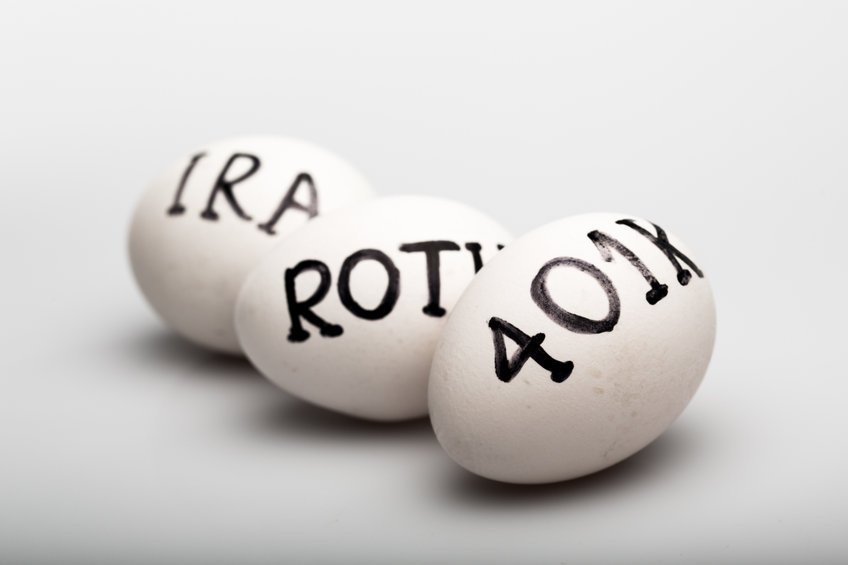Early withdrawals from retirement accounts are not only costly, but they can also disrupt your financial future. Think about the long-term consequences before you tap your 401(k) for an emergency expense.
Your 401(k) account is designed to help you build a nest egg for retirement, but you may tap it for other purposes. If you’re thinking about using it for short-term or immediate expenses, stop and ask yourself these important questions:
Will it count as a hardship withdrawal? The laws governing 401(k) plans permit hardship withdrawals in certain circumstances. Among the more common hardship situations are unreimbursed medical bills, certain college education expenses and eviction or foreclosure of your primary residence.
In many cases, these hardship withdrawals will still be subject to a 10% early withdrawal penalty. However, the penalty may be waived by the IRS under some circumstances, such as disability, excessive medical debt (over 7.5% of your adjusted gross income) and job loss or early retirement at or after age 55. Keep in mind you will owe regular income taxes on early withdrawals, even for hardships that avoid the 10% penalty.
Have you considered a 401(k) loan instead? Borrowing against your 401(k) may be preferable than an early drawdown of your retirement assets. Not all 401(k) plans permit loans, so check with your plan sponsor first. But if loans are available, you can use the money for any purpose—it doesn’t have to meet any hardship qualifications. There’s no 10% early withdrawal penalty either, and the amount you borrow isn’t subject to tax unless you fail to pay it back.
There are some rules to know before you borrow against your 401(k) balance. First, you’ll have to repay the loan with interest within five years. Second, if you separate from employment with the plan sponsor for any reason, you’ll need to repay the loan plus interest by October of the following year.
Can you tap other savings first? Tapping money from your 401(k) account should be your last resort. Early withdrawals can put you behind in your retirement savings plan and increase the risk of a shortfall, especially in the future when you have less time to catch up.
You should always have an emergency fund to tap for large, unexpected bills. If you don’t have an emergency fund, building one should become a financial priority. You can also use personal savings or brokerage investments accounts as resources for crucial cash needs. Next, look at opportunities to borrow at reasonable interest rates, including home equity loans and lines of credit. Only after exhausting these possibilities should you think about pulling money from your 401(k).
Securities and advisory services offered through LPL Financial (LPL), a registered investment advisor and broker-dealer (member FINRA/SIPC). Insurance products are offered through LPL or its licensed affiliates. To the extent you are receiving investment advice from a separately registered independent investment advisor that is not an LPL Financial affiliate, please note LPL Financial makes no representation with respect to such entity

